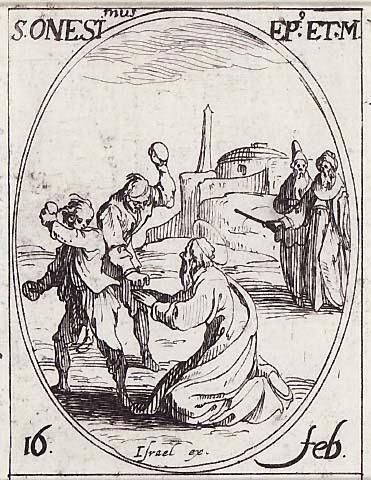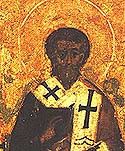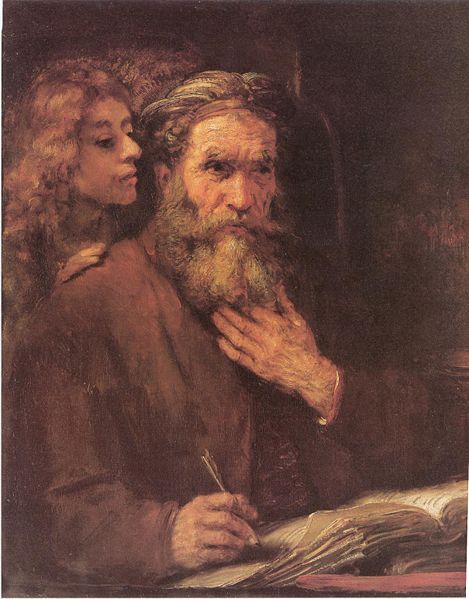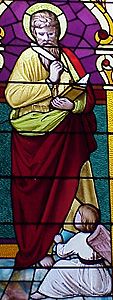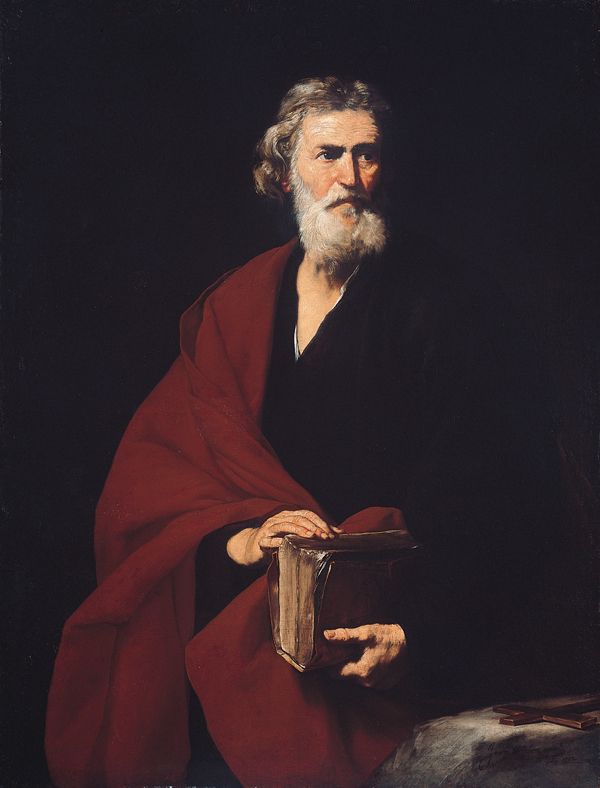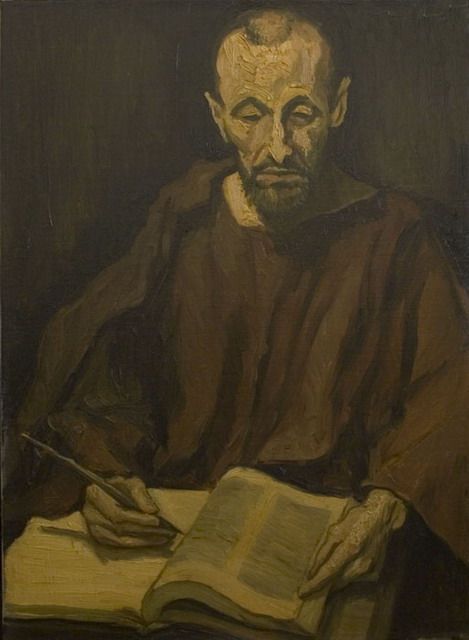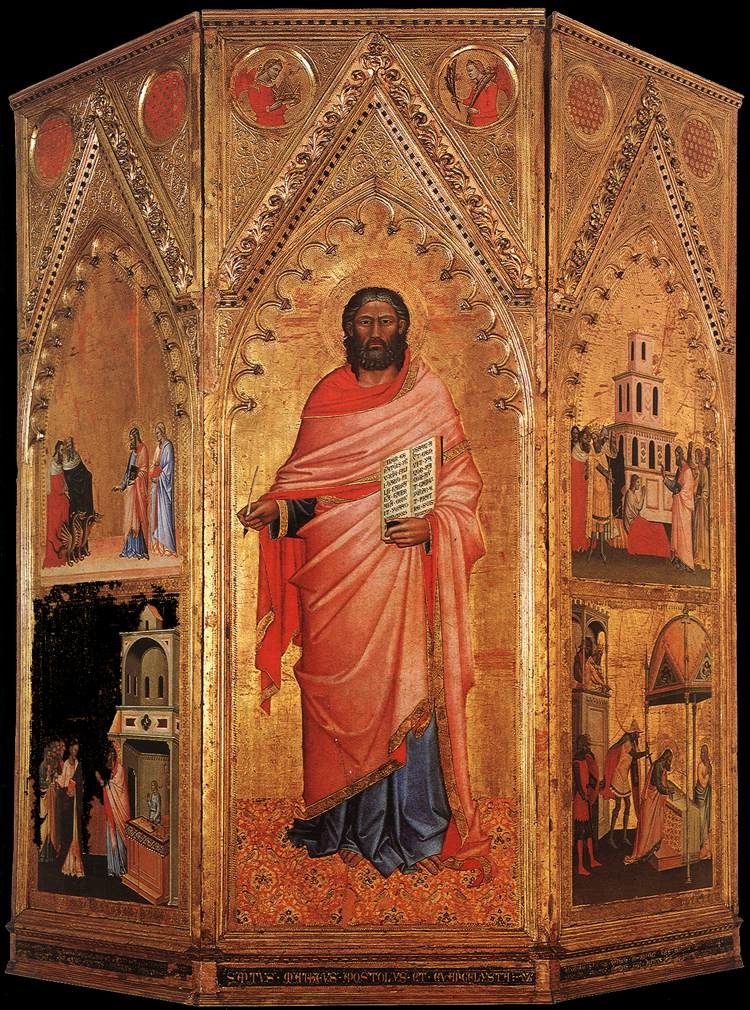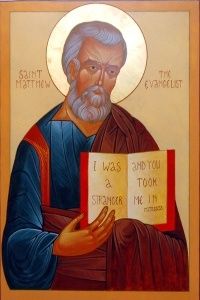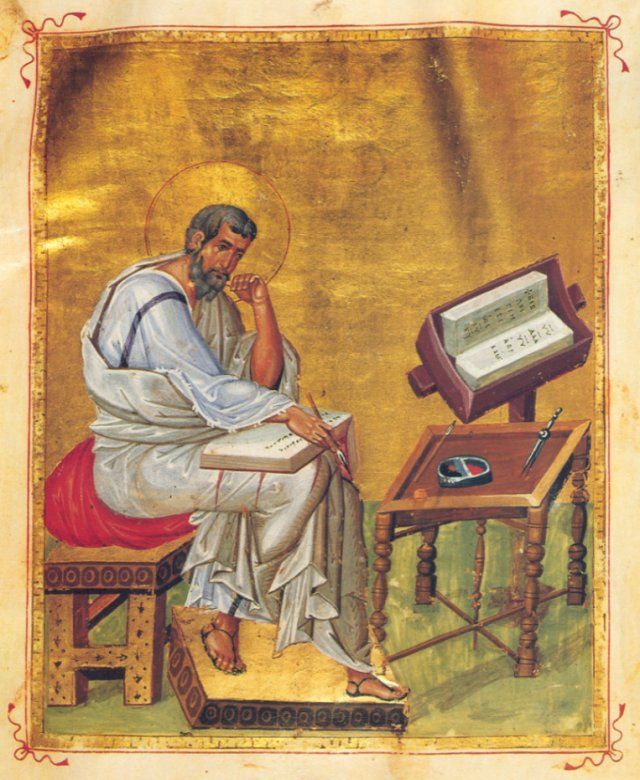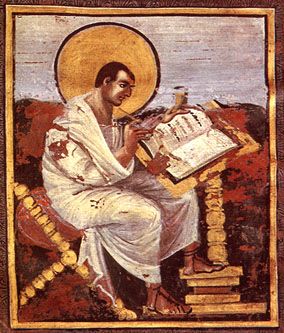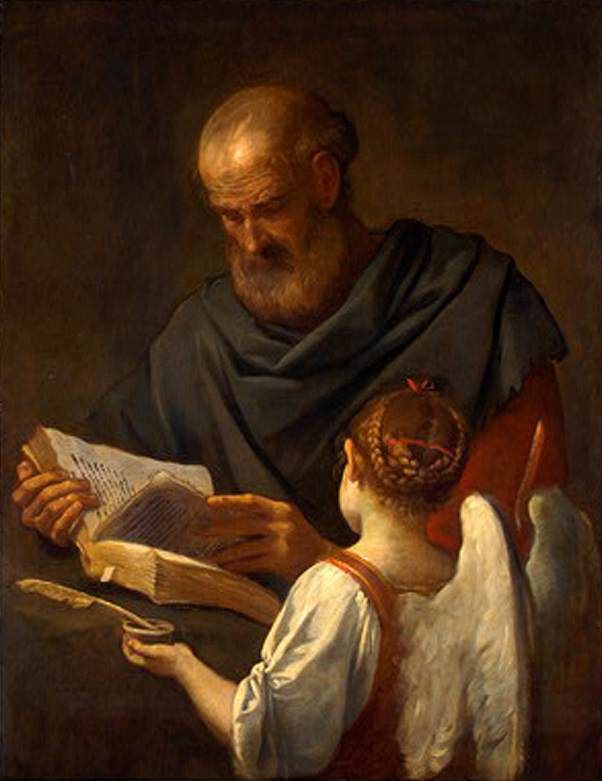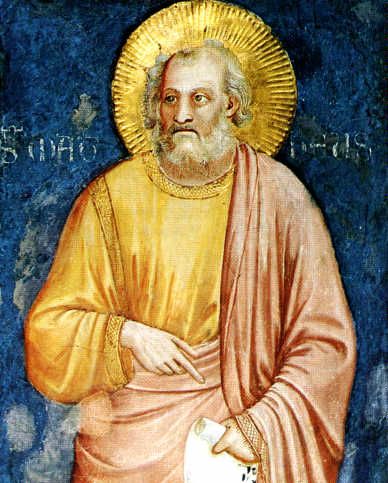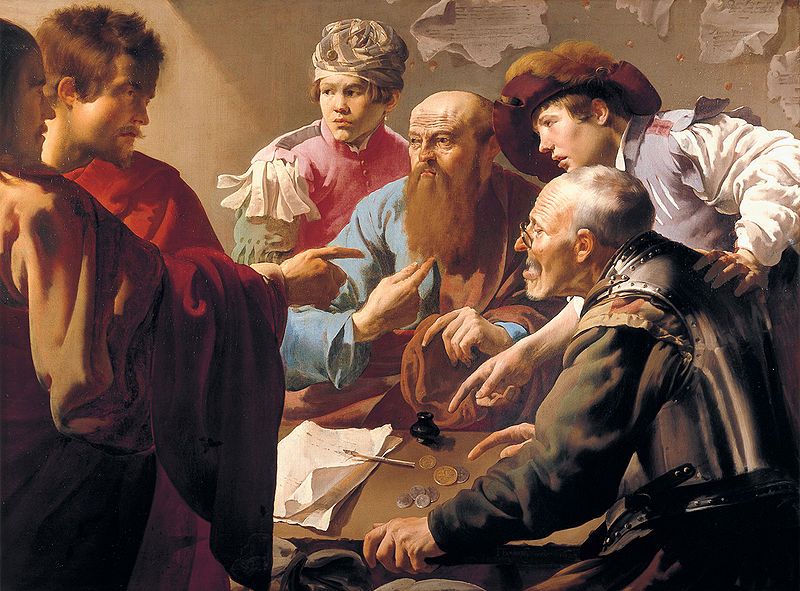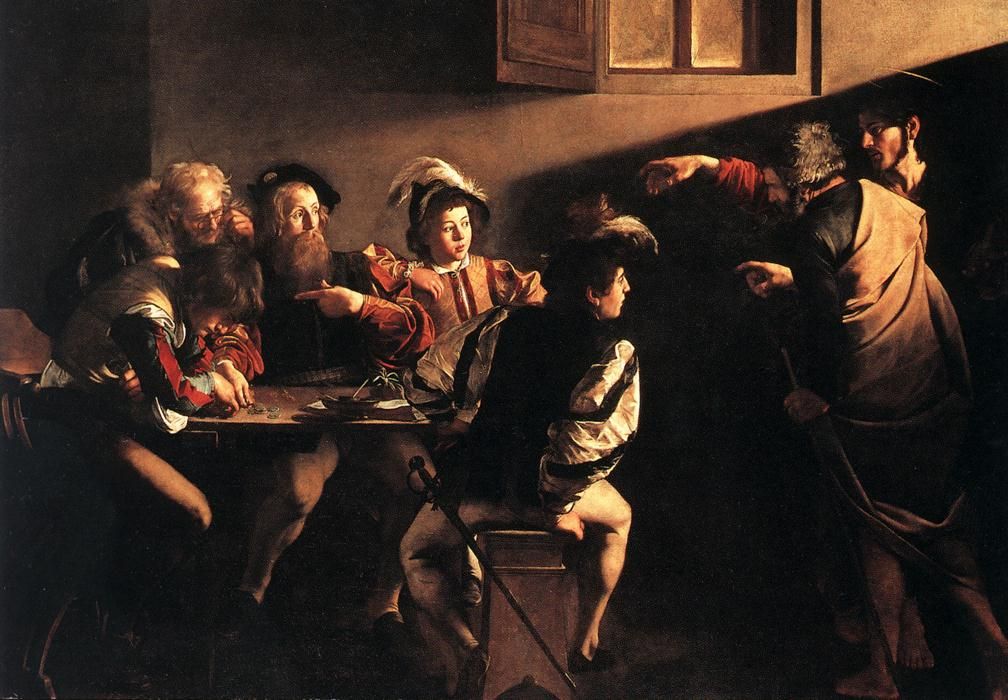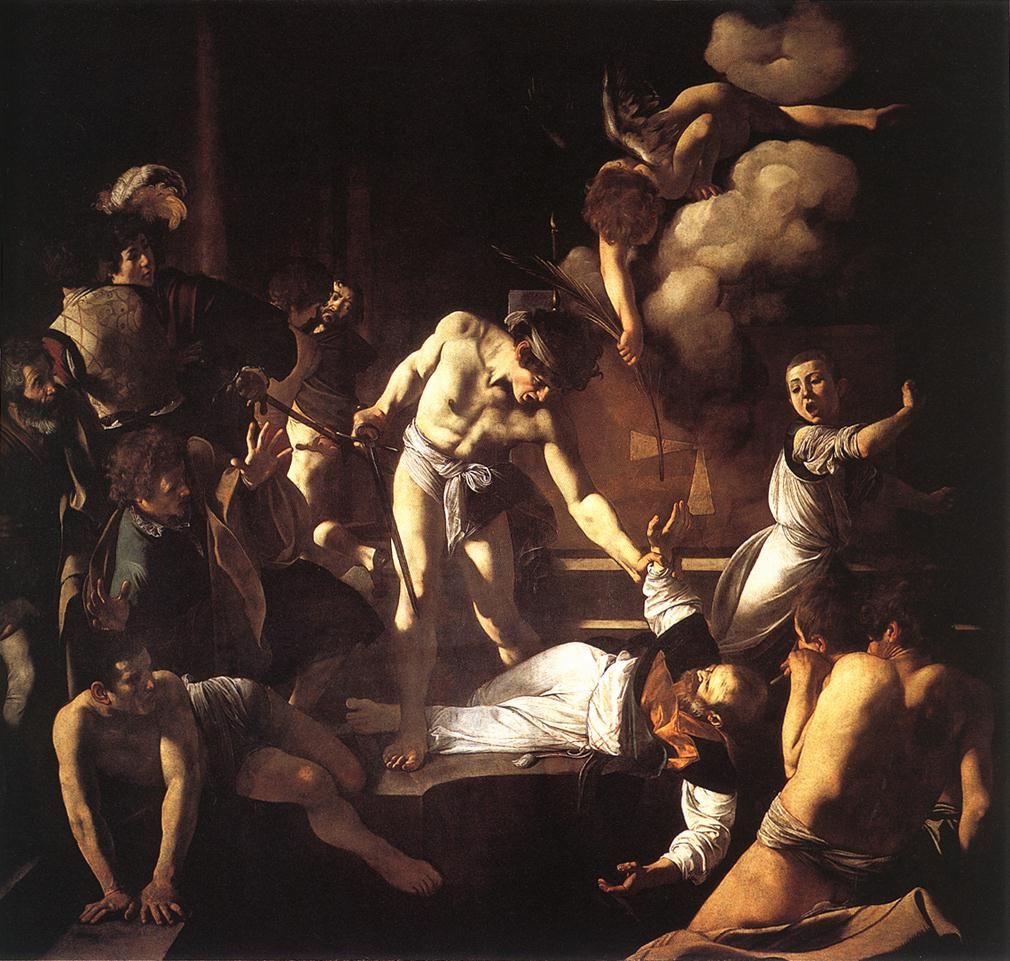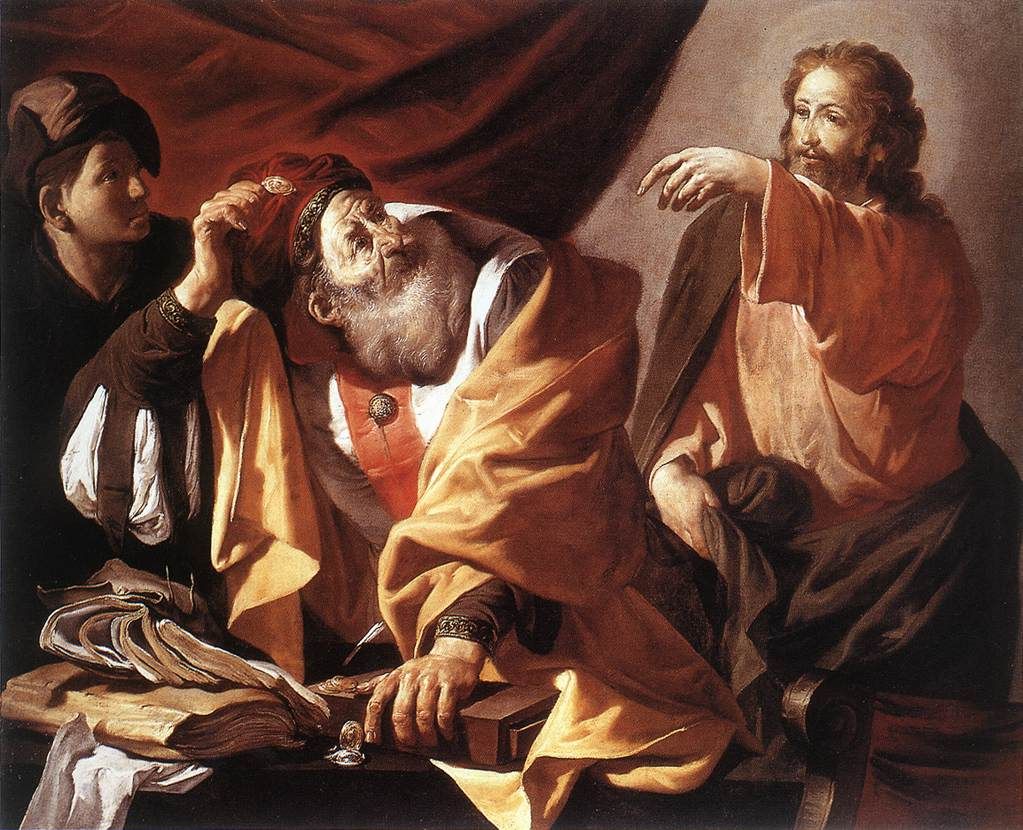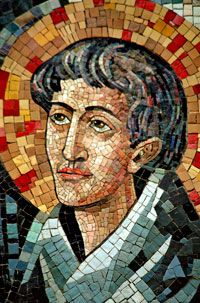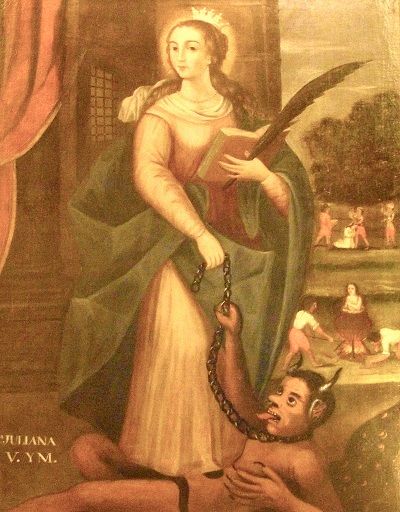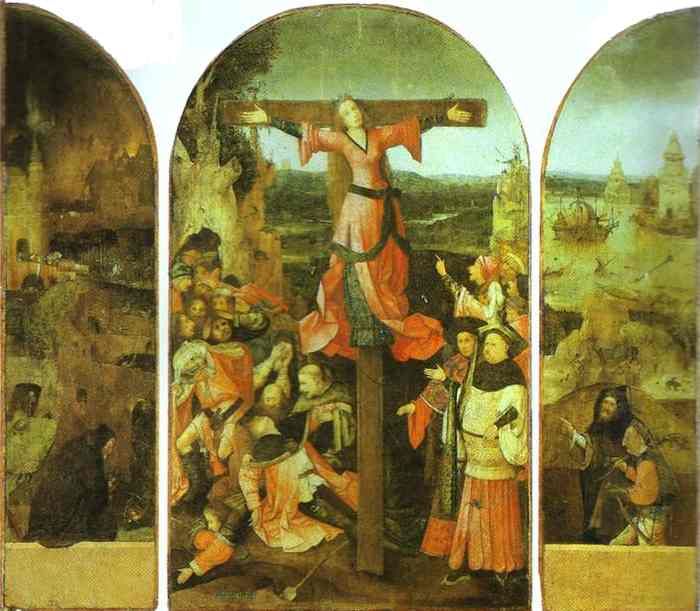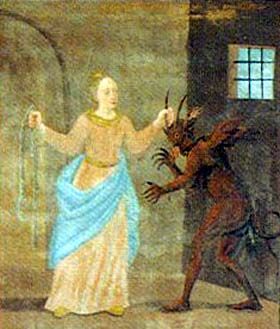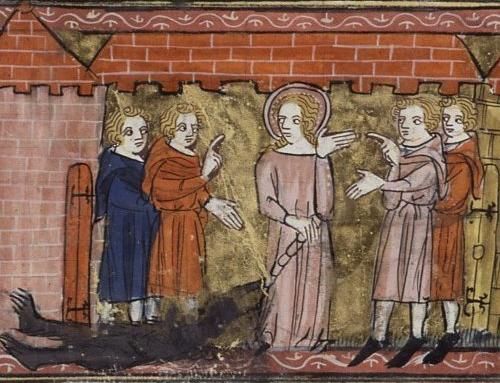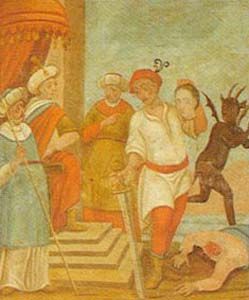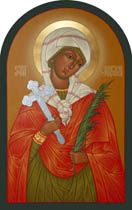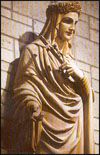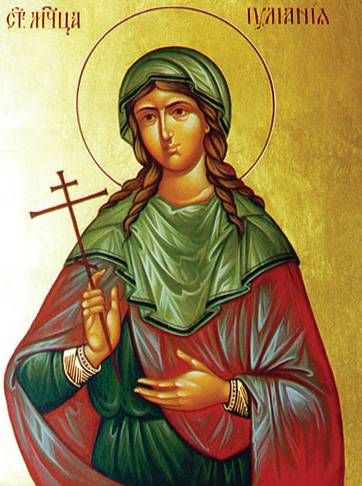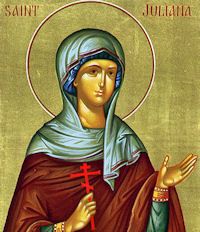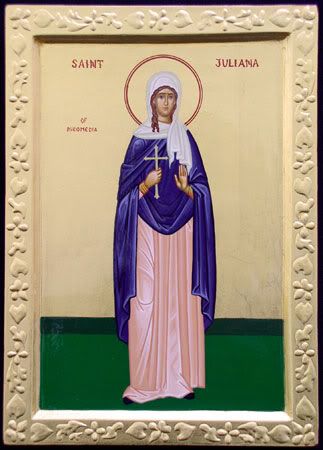Today, February 16, we celebrate the feast day of Saint
Onesimus, the “Saved Slave” (died 68, also know as Saint Onesimus of Byzantium
and the Holy Apostle Onesimus). Saint
Onesimus was a slave to Philemon who was converted by Saint Paul. Onesimus had
stolen from Philemon, and was forced to flee for safety. He sought out Saint Paul, who was being held
captive in Rome. There, Saint Paul
received him with kindness and love, helping him realize that his theft was
wrong. Not only did Onesimus repent for
his crimes, he accepted the Christian faith and was baptized by Saint Paul.
Filled with the Holy Spirit, Onesimus was sent back to
Philemon accompanied by a beautiful letter penned by the imprisoned saint. In Paul’s Epistle to Philemon, he makes a
strong case for Philemon to grant Onesimus his freedom, so that he might
accompany Paul and preach the Gospel as a disciple.
1 Paul, a prisoner
of Jesus Christ, and Timothy our brother, unto Philemon our dearly beloved, and
fellow laborer,
2 And to our
beloved Apphia, and Archippus our fellow soldier, and to the church in thy
house:
3 Grace to you, and
peace, from God our Father and the Lord Jesus Christ.
4 I thank my God,
making mention of thee always in my prayers,
5 Hearing of thy
love and faith, which thou hast toward the Lord Jesus, and toward all saints;
6 That the
communication of thy faith may become effectual by the acknowledging of every
good thing which is in you in Christ Jesus.
7 For we have great
joy and consolation in thy love, because the bowels of the saints are refreshed
by thee, brother.
8 Wherefore, though
I might be much bold in Christ to enjoin thee that which is convenient,
9 Yet for love's
sake I rather beseech thee, being such an one as Paul the aged, and now also a
prisoner of Jesus Christ.
10 I beseech thee
for my son Onesimus, whom I have begotten in my bonds:
11 Which in time
past was to thee unprofitable, but now profitable to thee and to me:
12 Whom I have sent
again: thou therefore receive him, that is, mine own bowels:
13 Whom I would
have retained with me, that in thy stead he might have ministered unto me in
the bonds of the gospel:
14 But without thy
mind would I do nothing; that thy benefit should not be as it were of
necessity, but willingly.
15 For perhaps he
therefore departed for a season, that thou shouldest receive him for ever;
16 Not now as a
servant, but above a servant, a brother beloved, specially to me, but how much
more unto thee, both in the flesh, and in the Lord?
17 If thou count me
therefore a partner, receive him as myself.
18 If he hath
wronged thee, or oweth thee ought, put that on mine account;
19 I Paul have
written it with mine own hand, I will repay it: albeit I do not say to thee how
thou owest unto me even thine own self besides.
20 Yea, brother,
let me have joy of thee in the Lord: refresh my bowels in the Lord.
21 Having
confidence in thy obedience I wrote unto thee, knowing that thou wilt also do
more than I say.
22 But withal
prepare me also a lodging: for I trust that through your prayers I shall be
given unto you.
23 There salute
thee Epaphras, my fellow prisoner in Christ Jesus;
24 Marcus,
Aristarchus, Demas, Lucas, my fellow laborers.
25 The grace of our
Lord Jesus Christ be with your spirit. Amen.
Philemon, for his part, forgave Onesimus, and he promptly
returned to his spiritual father in prison.
Thereafter, he faithfully served Saint Paul, and among his many deeds,
bore Paul’s Epistle to the Colossians on its journey of faith.
Saint Onesimus, as recorded by Saint Jerome and other Church
fathers, became a zealous preacher of the Gospel throughout the region,
eventually succeeding Saint Timothy as bishop of Ephesus. There he preached frequently and ardently,
inflamed with love and the Holy Spirit.
His preaching, of course, attracted the attention of the authorities,
and during the persecutions under Emperor Trajan, he was arrested and taken in
chains to Rome. There, he was
imprisoned for 18 days, during which time he was encouraged to recant his
faith. When he refused, his legs and
thighs were broken with bludgeons, and he was subsequently stoned to
death. Following his death, his head
was separated from his body with a sword, and local Christians buried him in a
silver coffin.
The life of Saint Onesimus is one that holds great lessons for us as Christians. Paul brings Onesimus to the faith through gentle love and support, coupled with firm teachings grounded in Christian virtue: to truly become free, one must repent and ask forgiveness for sinful behavior. And with that freedom, the soul can grow and flourish into a great vehicle of God’s love and grace, illustrated by the life of Onesimus and the many he brought to Christ.
God of liberty, through Saint Paul the Apostle you brought
your servant Saint Onesimus to spiritual and temporal freedom; liberate us, we
pray, so that we may be equipped to serve you fully. We ask this through
Christ, our Lord and Savior. Amen.












